Are fears for the safety of Archie and Lilibet behind Prince Harry’s security demands?
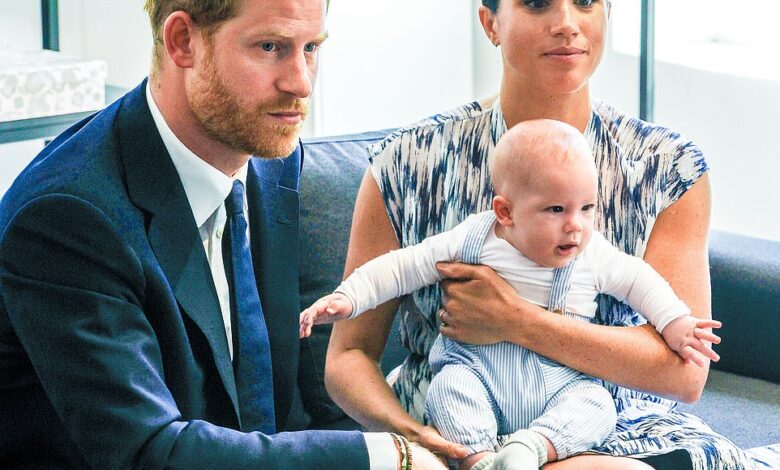
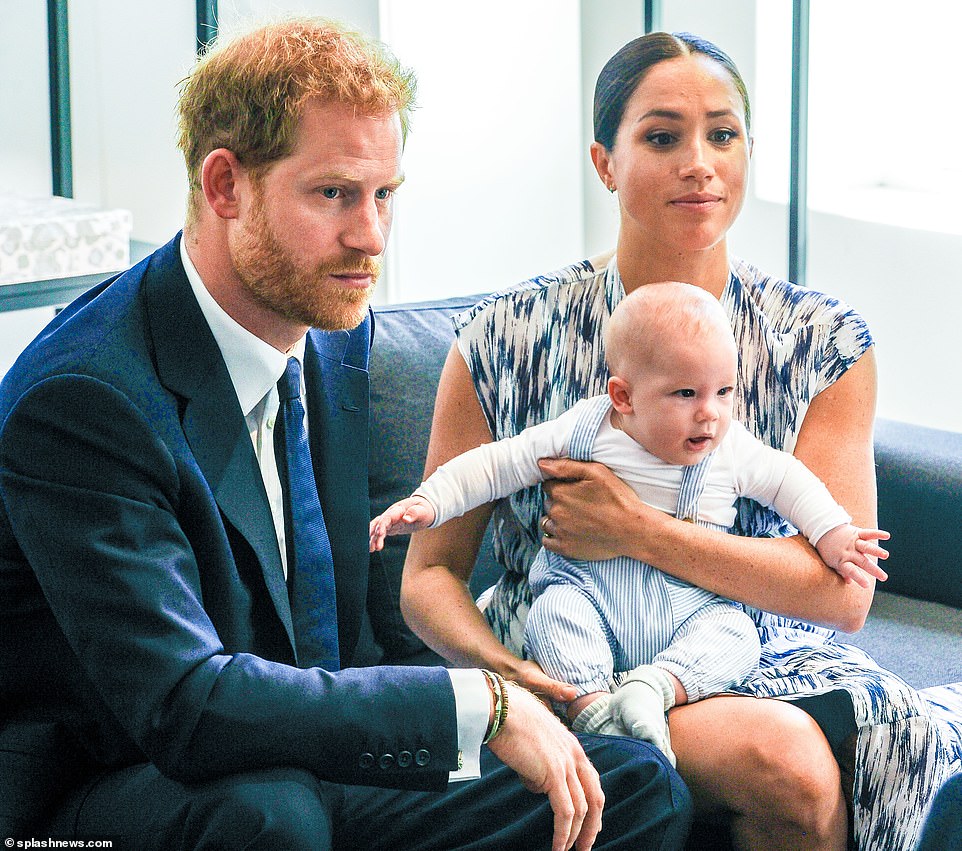
Prince Harry is taking legal action against the Government over its decision to remove his UK police security, The Mail on Sunday can reveal.
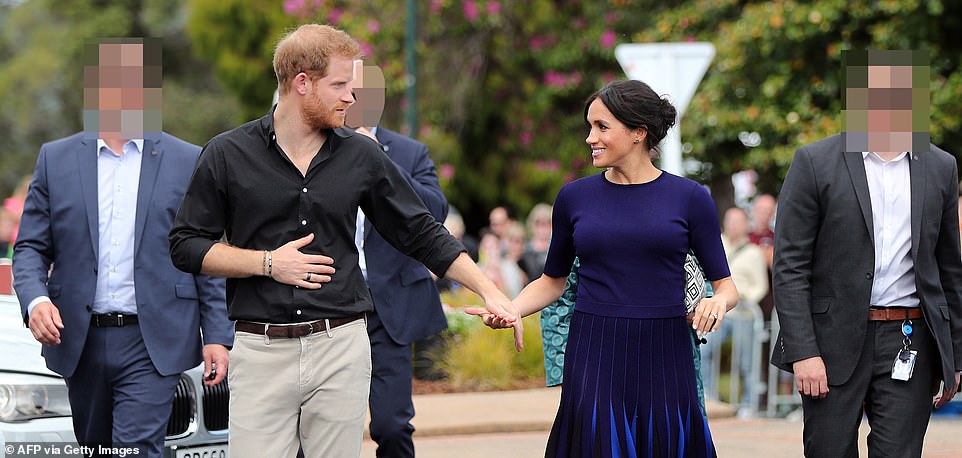
Lawyers acting for Harry, who stepped down from Royal duties two years ago, have written a ‘pre-action protocol’ letter to the Home Office, indicating that they will seek a judicial review if the Sussexes are not provided with continued security while they are in Britain – which they make clear he is happy to pay for. If the case proceeds, it will lead to a battle in the High Court between Ministers and Prince Harry. Pictured: Harry and Meghan with bodyguards in New Zealand in 2018.

Harry’s argument is that his private protection team in the US does not have access to UK intelligence information, which is needed to keep his wife and children safe.
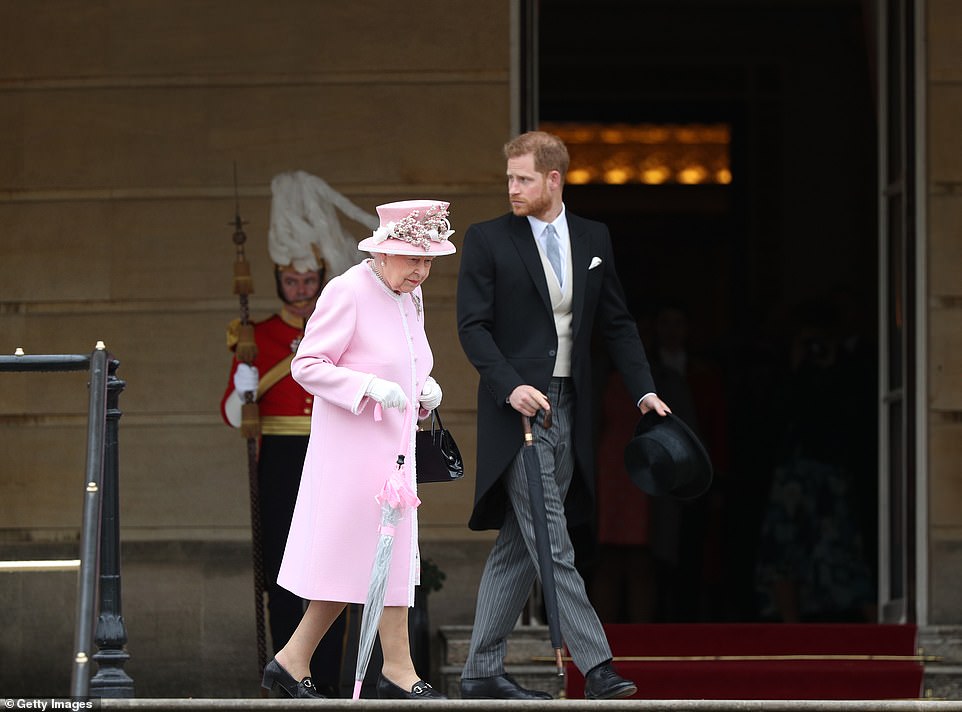
The Queen is understood to have been made aware of her grandson’s action, which is thought to be the first time a member of the Royal Family has brought a case against Her Majesty’s Government.
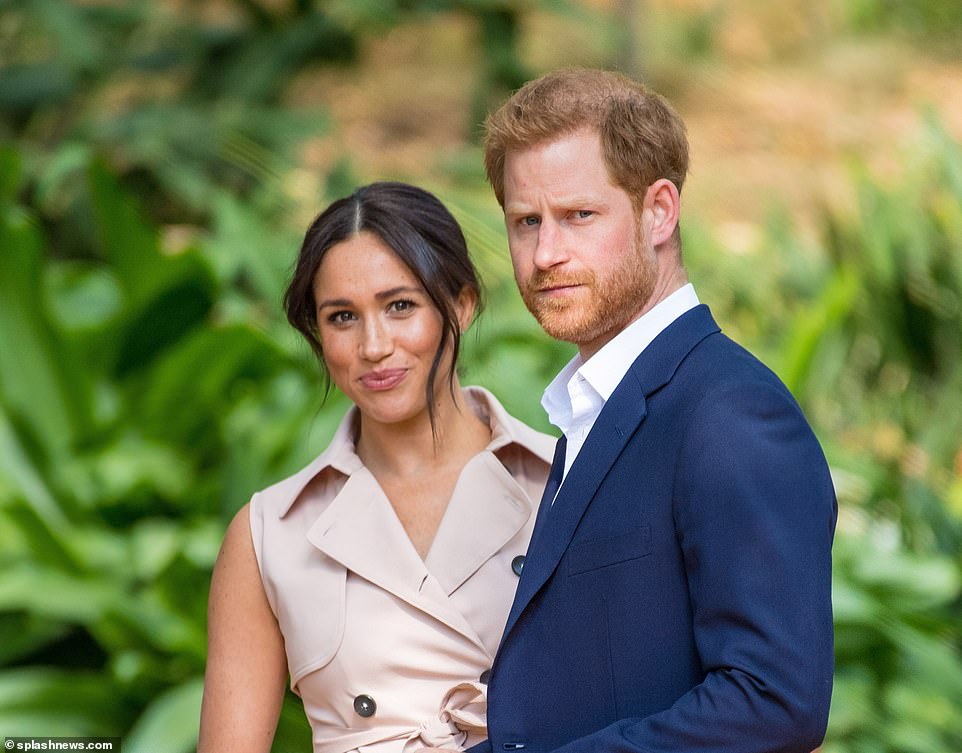
A source said: ‘Harry’s argument in a nutshell is: “You got the law wrong.” He feels the decision to remove his security was wrong. Pre-action protocol was sent by Harry’s lawyers to the Home Office a couple of months ago. This is essentially a precursor to a judicial review.’

After the story broke in early editions of the Mail on Sunday, the Prince’s lawyers issued an extraordinary statement defending his decision to sue the British Government – and insisting he would not rely on taxpayers to fund his family’s security. The Duke and Duchess of Sussex had earlier been contacted by the MoS for comment, but did not respond before it went to press.
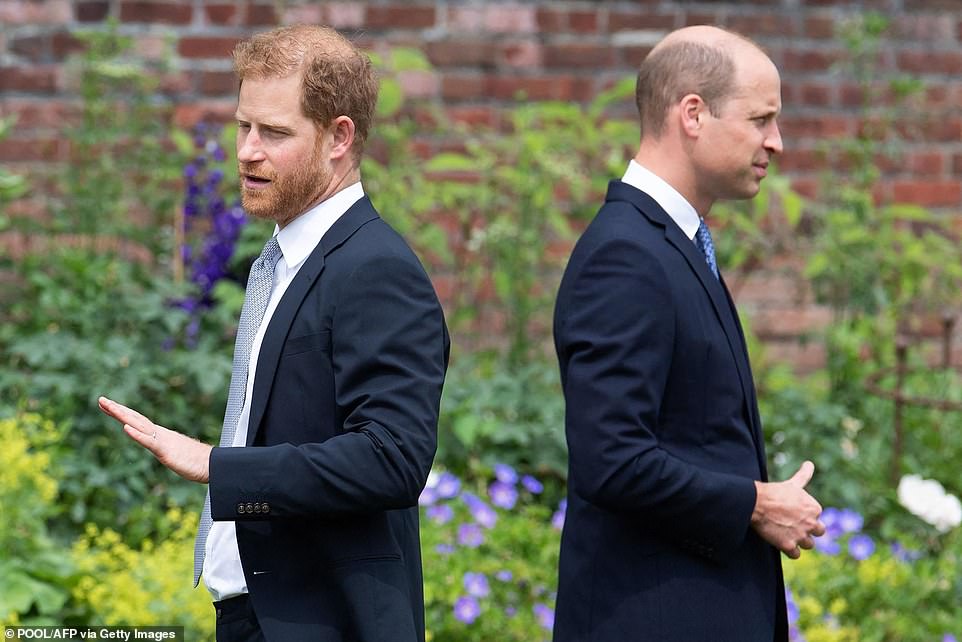
The legal action was sparked after Harry’s most recent trip to the UK in July, when his police protection had been removed. A source said: ‘When Harry came back last April for Prince Philip’s funeral, he was given security. But when he came back in the summer, he wasn’t.’
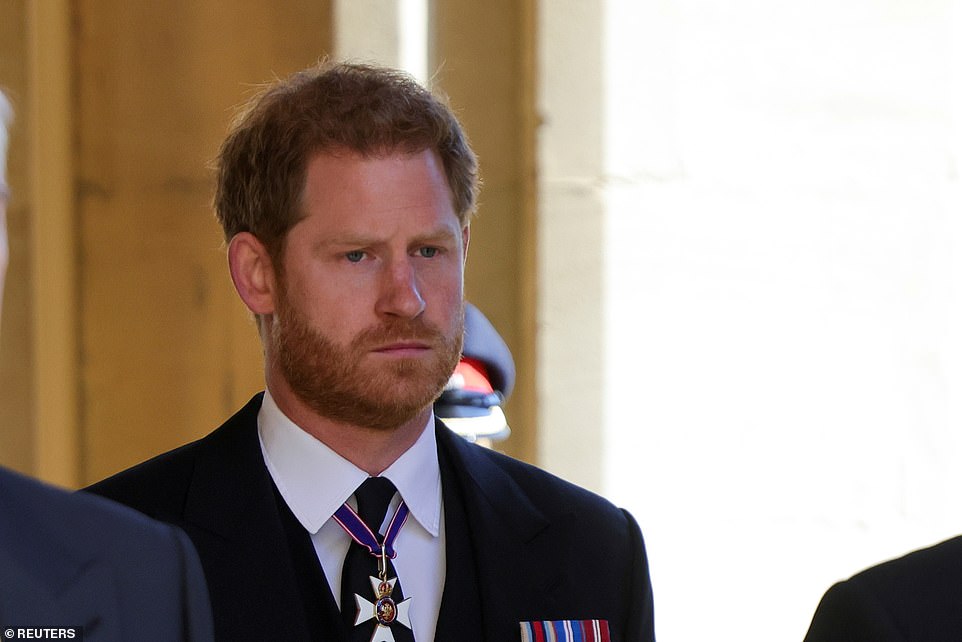
Ahead of the funeral, Harry travelled to Britain with his private security team, but was met on the tarmac at Heathrow by Scotland Yard protection officers. It is understood that was not the case when he returned to the UK for the unveiling of a statue of Princess Diana at Kensington Palace with his brother William in July.
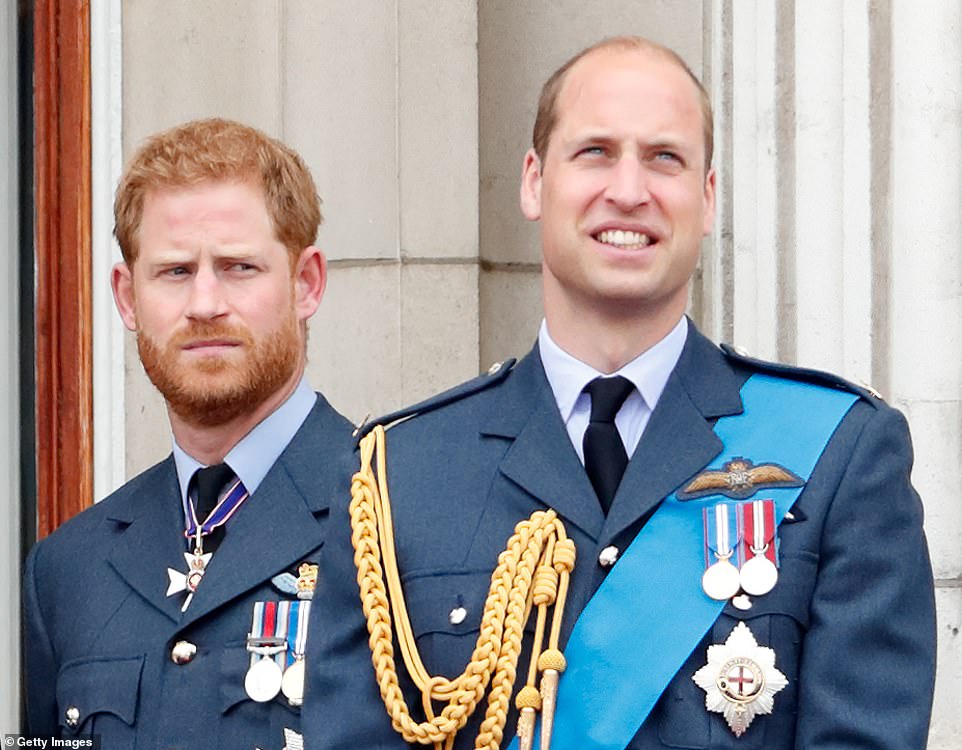
Following a 20-minute reception after the unveiling, Harry left with bodyguards thought to have been provided at his own expense. The Duke and Duchess of Sussex have made no secret of their unhappiness at the removal of their taxpayer-funded security.
![When the Duke and Duchess of Sussex spoke to Oprah Winfrey last March, one of their sensational claims was that their son Archie would not be given police protection because he was not made a prince. 'Behind closed doors we knew I was pregnant¿ And that was when [the family] were saying they didn't want him to be a prince or princess ¿ and that he wasn't going to receive security,' Meghan claimed.](https://royalmeg.com/wp-content/uploads/2023/10/1697258961_609_Are-fears-for-the-safety-of-Archie-and-Lilibet-behind.jpg)
When the Duke and Duchess of Sussex spoke to Oprah Winfrey last March, one of their sensational claims was that their son Archie would not be given police protection because he was not made a prince. ‘Behind closed doors we knew I was pregnant… And that was when [the family] were saying they didn’t want him to be a prince or princess – and that he wasn’t going to receive security,’ Meghan claimed.
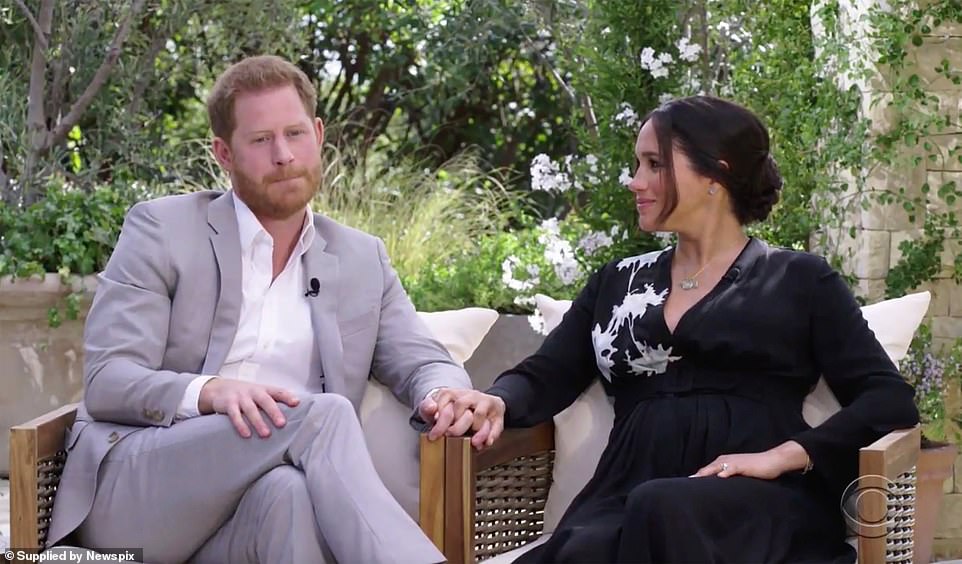
She added: ‘Look, because if he’s not going to be a prince, it’s like, OK, well he needs to be safe, so we’re not saying don’t make him a prince or a princess – whatever it’s going to be – but if you’re saying the title is what’s going to affect their protection, we haven’t created this monster machine around us in terms of clickbait and tabloid fodder.’
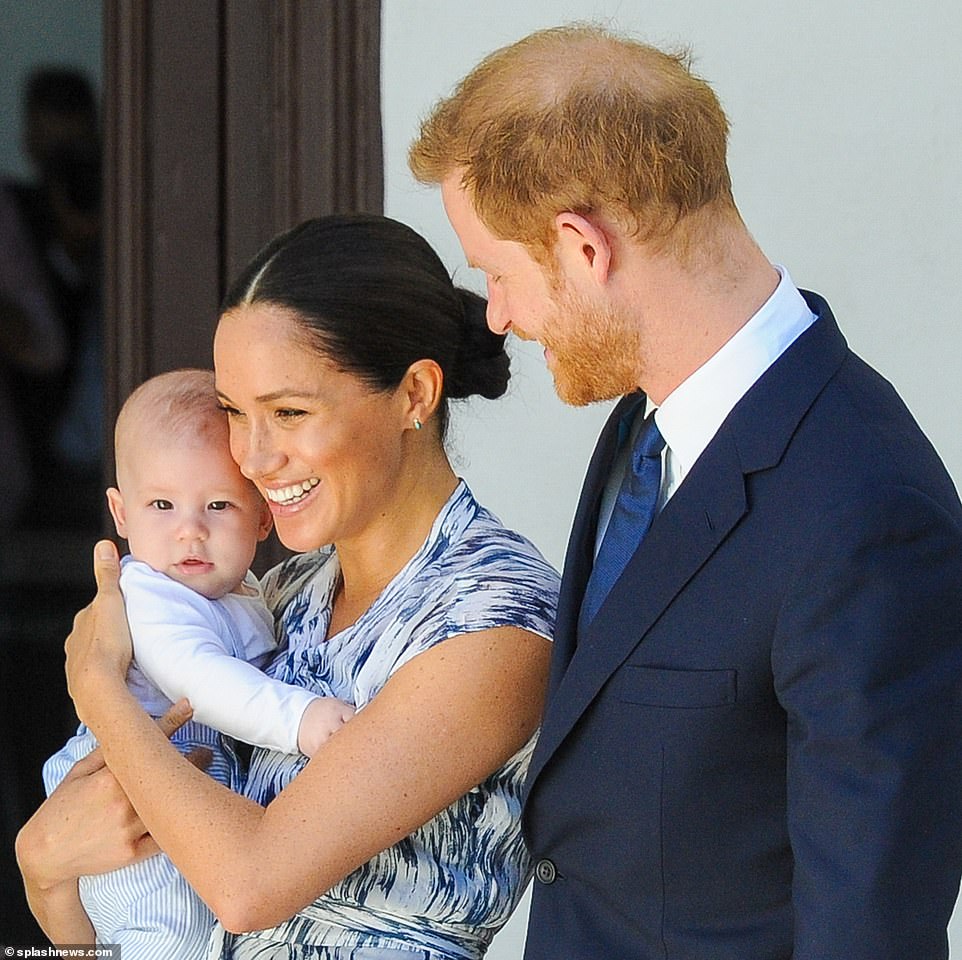
‘You’ve allowed that to happen, which means our son needs to be safe. There was a lot of fear surrounding it,’ Meghan said. ‘I was very scared of having to offer up our baby, knowing that they weren’t going to be kept safe.’
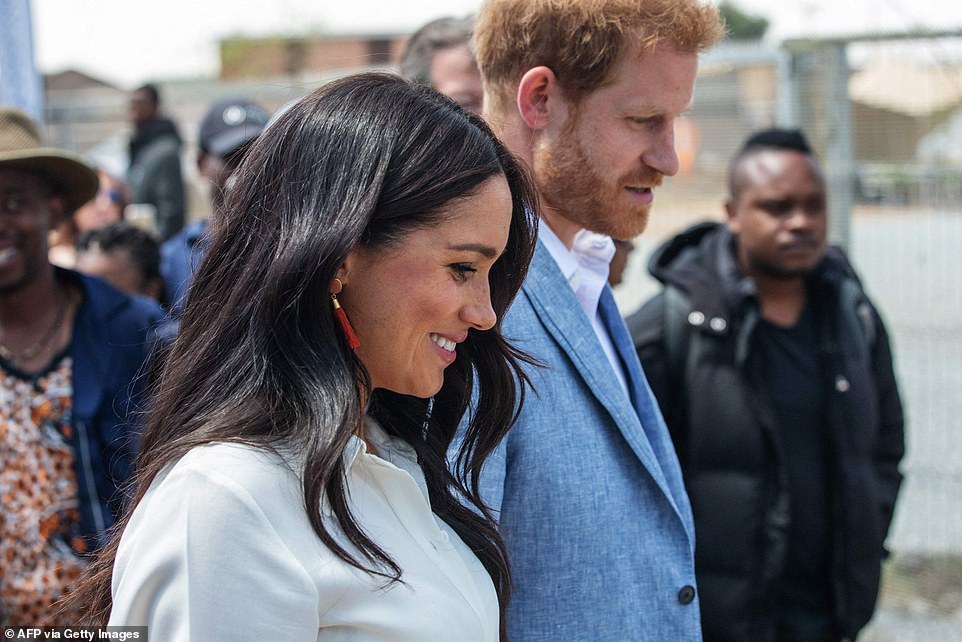
Now, of course, the Sussexes have two children and Harry will be keen to ensure the protection of Archie, two, and Lilibet Diana, who turns one on the Queen’s Jubilee celebration weekend in June.
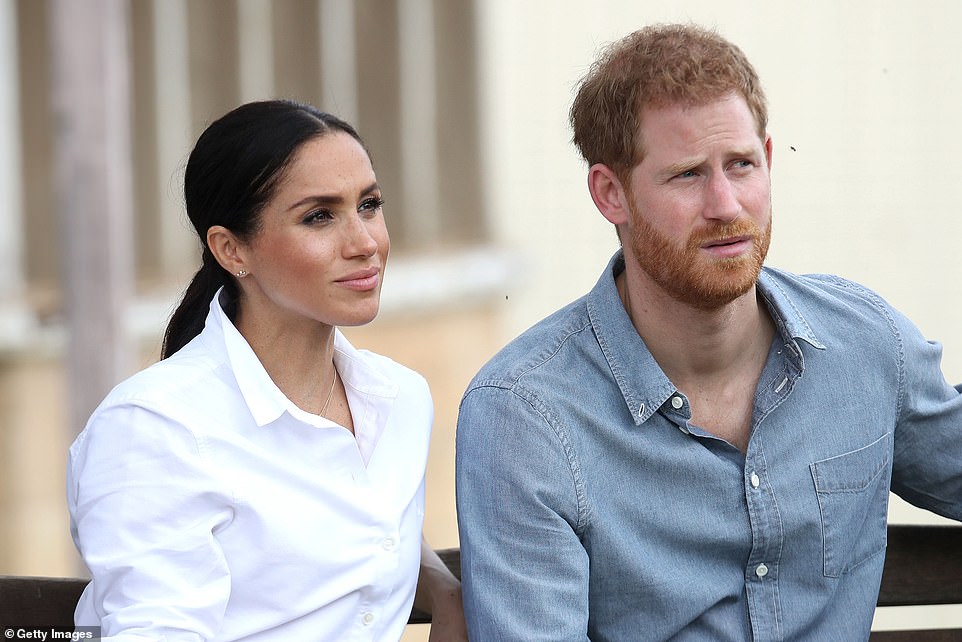
But a royal title would not necessarily guarantee 24-hour police protection paid for by the British taxpayer.
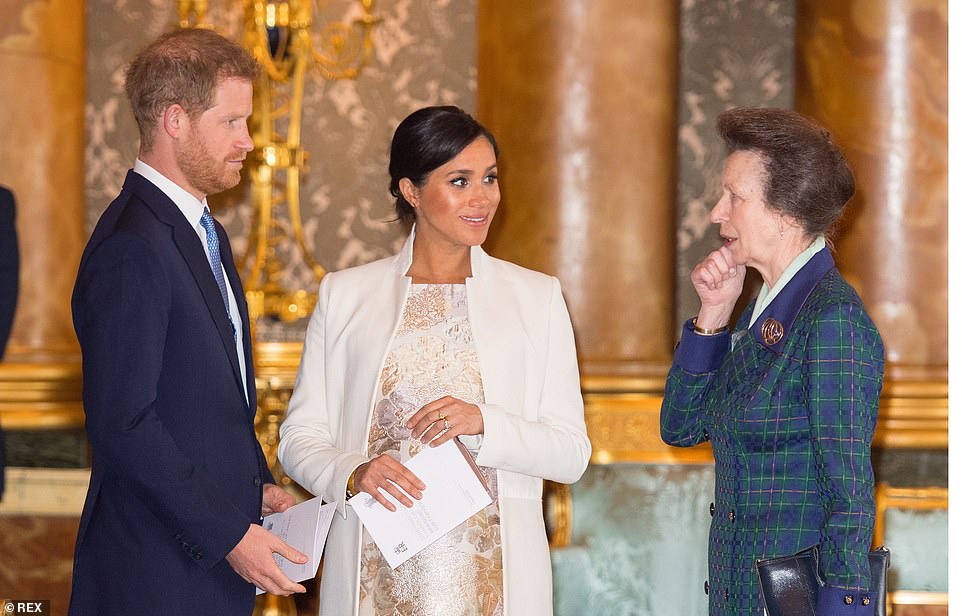
By comparison, Princess Anne, who last year carried out 387 official engagements – the highest number of any Royal – has publicly funded police protection only while she is on official duties. The same applies to her brother Prince Edward.
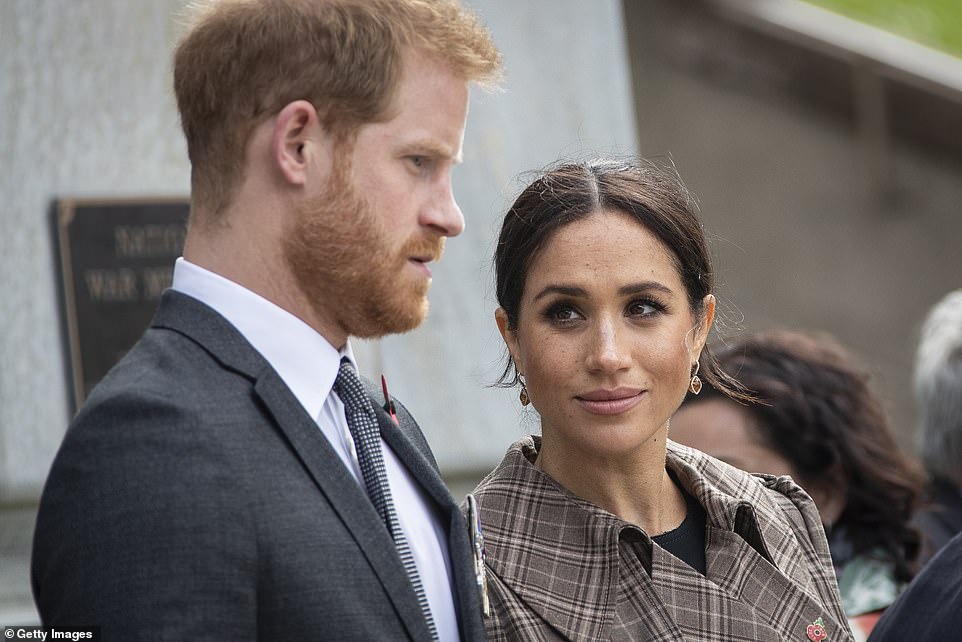
The most senior members of the Royal Family and the Government do receive automatic protection from Scotland Yard, but a joint government committee authorizes protection for other individuals such as former Prime Ministers and former Northern Ireland secretaries.
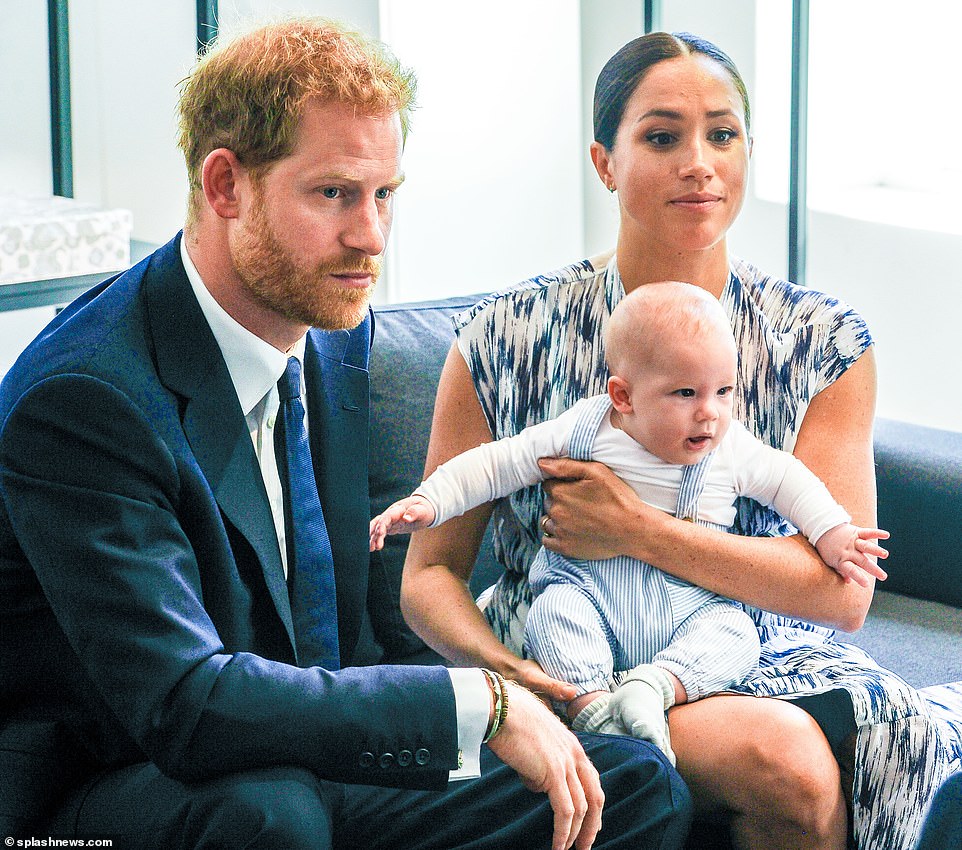
While Harry has stepped back from Royal duties, signed lucrative deals and moved to the United States, supporters would likely point out that his career in the Armed Forces, including two tours of duty in Afghanistan, as well as his status as a member of the Windsor family, make him and his family potential targets for terrorists.
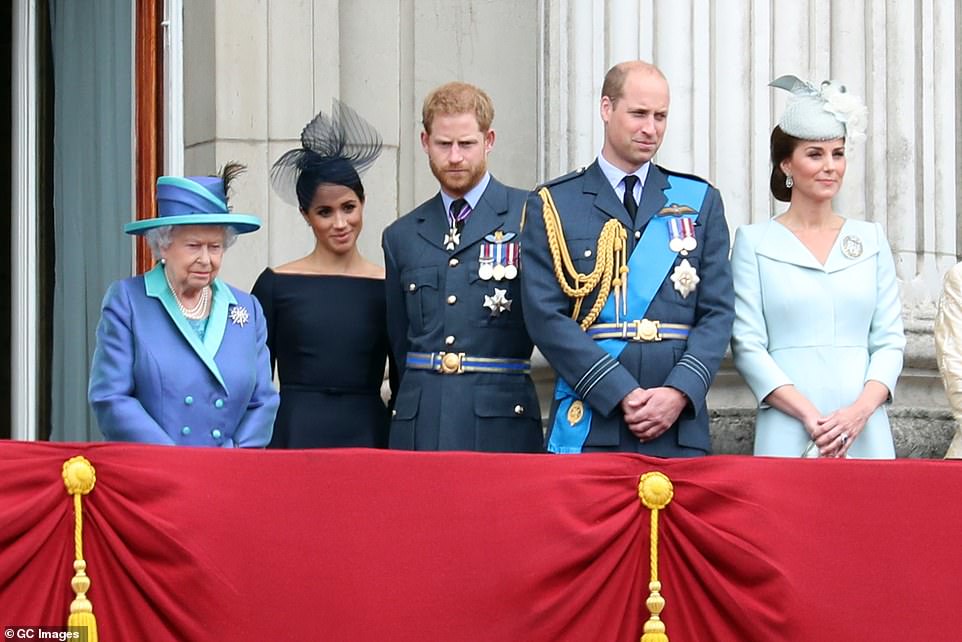
Harry’s decision to instruct his lawyers to take legal action against the Government could inflame tensions with his family. It also provides a further headache for the Queen only days after she stripped Prince Andrew of his military honors and charity patronages after a US judge ruled that a claim of sex abuse made against him – and vehemently denied – would proceed.
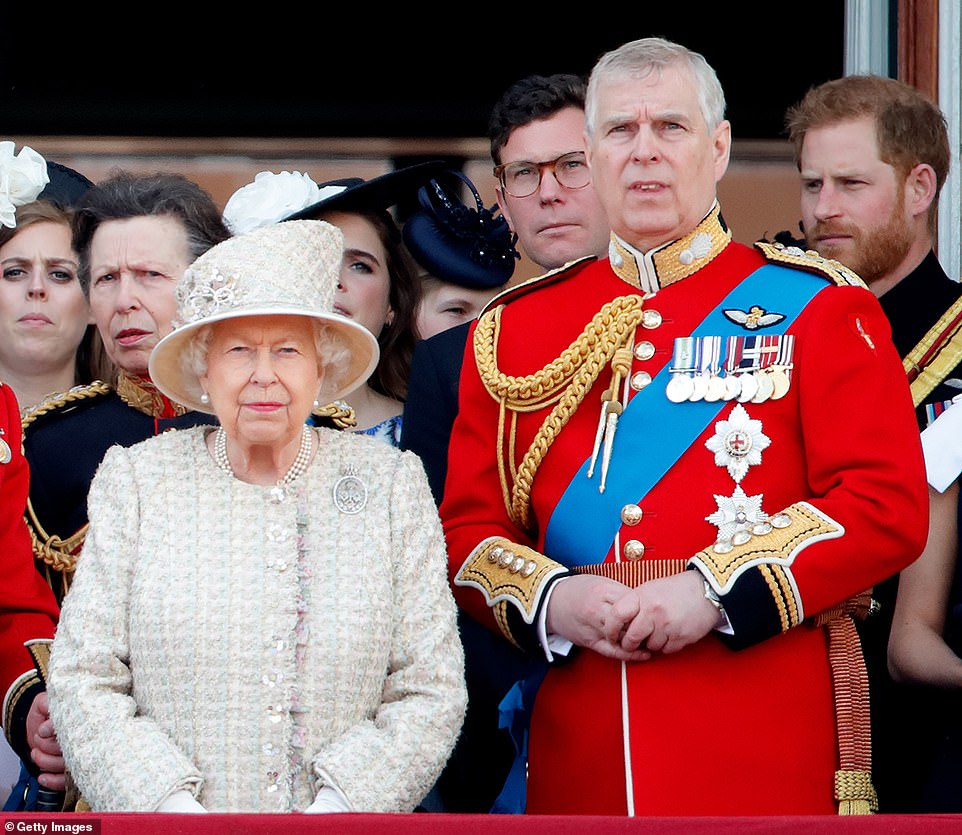
Like Harry, Andrew will no longer use his ‘HRH’ title. The Queen’s second son could also lose his security, estimated to cost £2 million ($2.7M) annually.
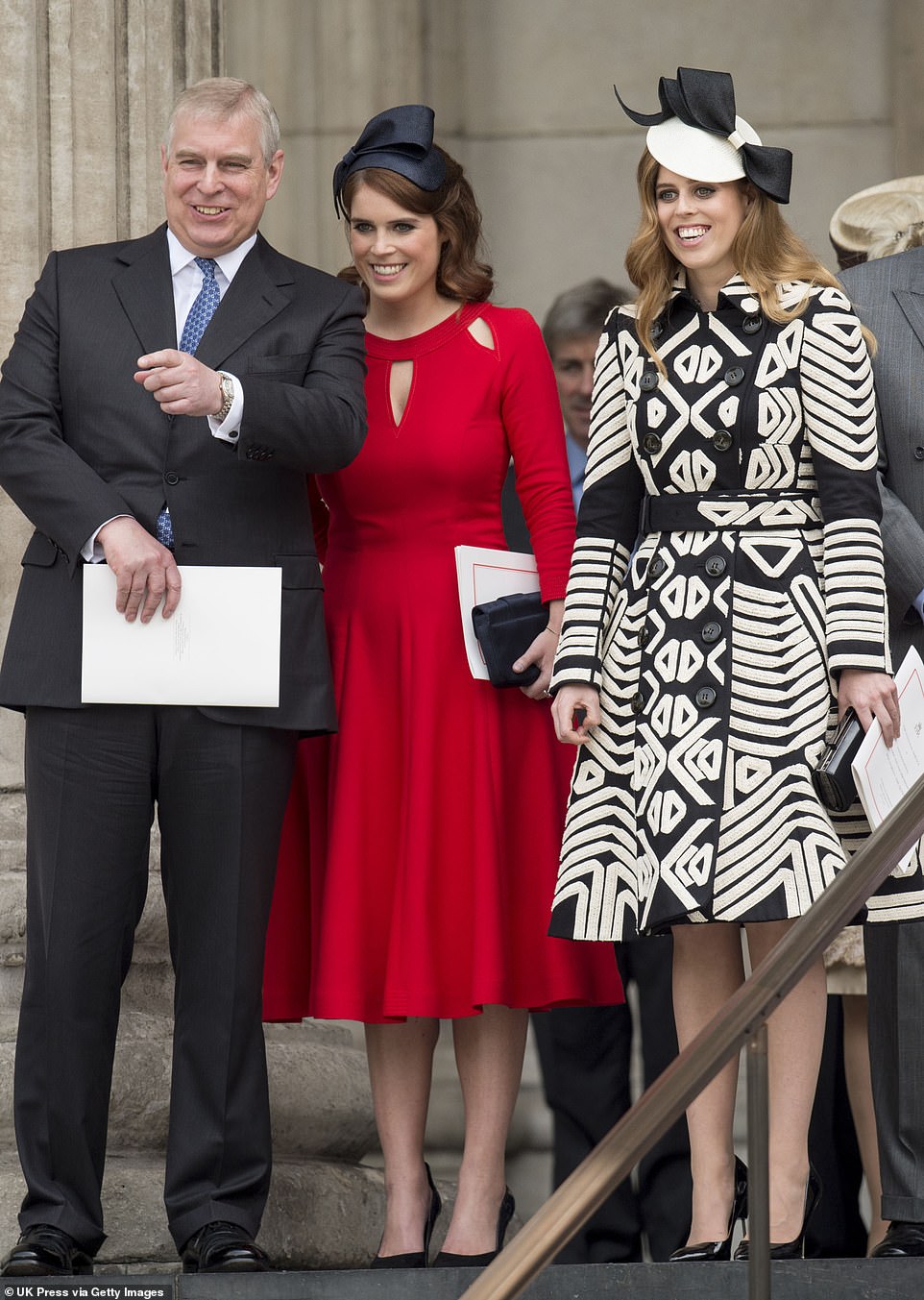
During a previous review of security spending in 2011, Andrew’s daughters, Princesses Beatrice and Eugenie – then fifth and sixth in line to the Throne – had their police protection removed on the grounds they were non-working Royals.

If Harry wins his case, any ‘remedy’ or solution would be at the discretion of the judge. The legal battle could be expensive, with the loser likely to have to pay the costs of the winner as well as their own. The Sussexes, however, have secured a string of lucrative deals, including a reported £18 million ($24M) agreement with streaming giant Spotify and a partnership with Netflix.
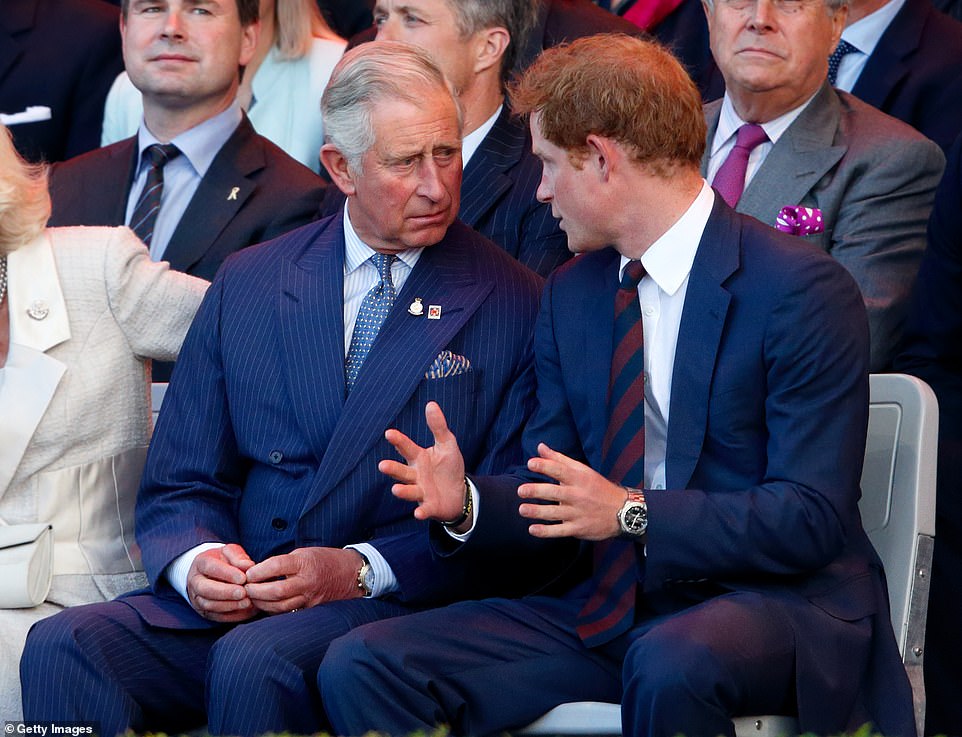
A Government spokesman said over the weekend: ‘The UK Government’s protective security system is rigorous and proportionate. It is our long-standing policy not to provide detailed information on those arrangements. To do so could compromise their integrity and affect individuals’ security. It would also not be appropriate to comment on the detail of any legal proceedings.’




